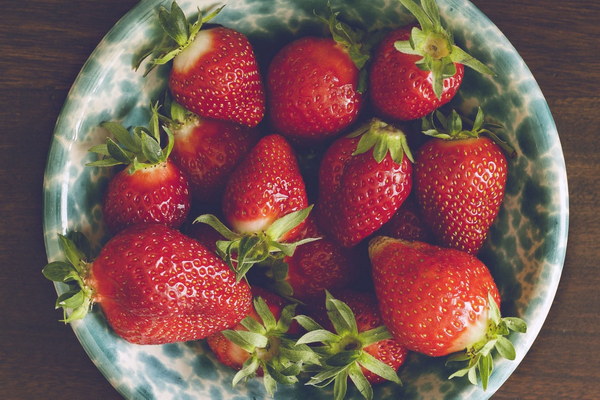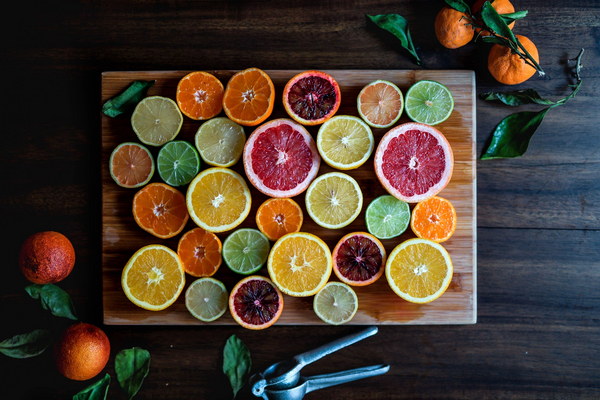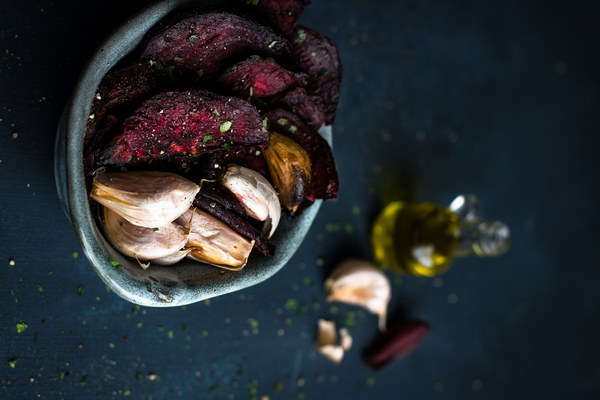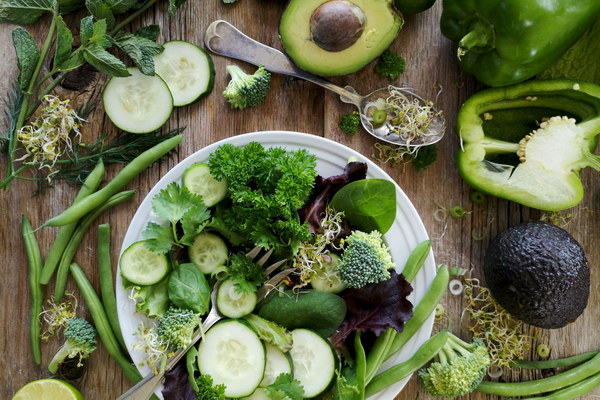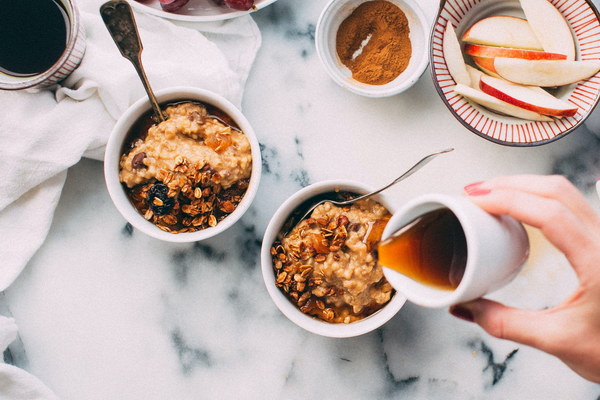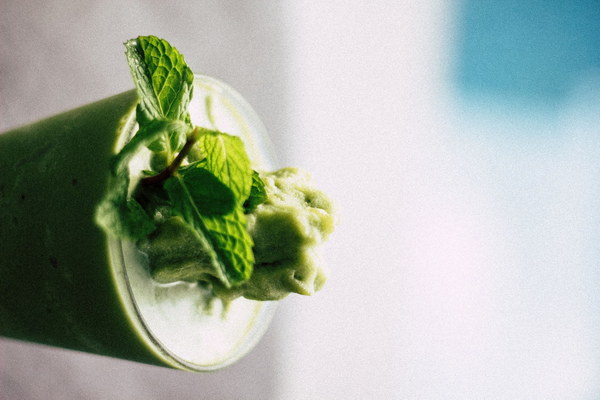The Ultimate Guide to Liver Care What Women Should Eat for Optimal Liver Health
In today's fast-paced world, women often juggle multiple responsibilities and face various health challenges. One of the most crucial organs to maintain is the liver, which plays a vital role in filtering toxins and metabolizing nutrients. Ensuring your liver is healthy not only improves your overall well-being but also supports your immune system and skin health. In this article, we'll explore why liver care is essential for women and delve into the best foods to incorporate into your diet to promote optimal liver health.
Why Liver Care is Important for Women
The liver is a resilient organ, capable of regenerating itself, but it can still be prone to damage from various factors, including poor diet, excessive alcohol consumption, and environmental toxins. Women, in particular, may experience higher risks of liver-related issues due to hormonal fluctuations and the unique demands placed on their bodies. Here are a few reasons why liver care is so important for women:
1. Hormonal Imbalances: Women's hormones can fluctuate due to menstruation, pregnancy, and menopause. These changes can impact liver function and increase the risk of conditions like fatty liver disease.
2. Pregnancy and Birth Control: Pregnancy and the use of hormonal contraceptives can strain the liver. It's crucial for women to support their liver during these times to prevent complications.
3. Environmental Toxins: Women are often exposed to a higher concentration of environmental toxins, which can accumulate in the liver and lead to chronic inflammation and damage.
4. Alcohol Consumption: While men are more likely to develop alcohol-related liver disease, women are at a higher risk due to differences in how alcohol is metabolized and the effects of alcohol on the liver.
What to Eat for Optimal Liver Health

Now that we understand the importance of liver care, let's look at some of the best foods and nutrients that can help support your liver:
1. Leafy Greens: Dark leafy greens like kale, spinach, and Swiss chard are rich in antioxidants that can help protect the liver from oxidative stress. These greens also contain chlorophyll, which may help bind and remove toxins from the liver.
2. Cruciferous Vegetables: Broccoli, cauliflower, and Brussels sprouts contain compounds called isothiocyanates, which have been shown to help prevent liver damage and promote liver detoxification.
3. Fatty Fish: Fish like salmon, mackerel, and sardines are excellent sources of omega-3 fatty acids, which can reduce inflammation and support liver health.
4. Nuts and Seeds: Almonds, walnuts, chia seeds, and flaxseeds contain healthy fats and antioxidants that can help protect the liver and improve its function.
5. Fruits: Berries, apples, and citrus fruits are high in antioxidants and may help reduce liver inflammation. They also contain fiber, which can aid in digestion and the elimination of waste products.
6. Garlic: Garlic contains allicin, a compound that has been shown to have liver-protective properties and may help lower the risk of liver disease.
7. Green Tea: Green tea is rich in catechins, which can boost liver detoxification and reduce oxidative stress.
8. Beets: Beets contain betaine, which can help reduce inflammation and protect the liver from damage caused by alcohol and other toxins.
9. Lemon: Lemon juice contains citric acid, which can help stimulate the liver's production of bile and aid in the digestion of fats.
10. Probiotics: Consuming probiotics, found in yogurt, kefir, and fermented foods, can support a healthy gut microbiome, which is essential for liver function.
Conclusion
Maintaining a healthy liver is crucial for women's overall well-being. By incorporating these liver-friendly foods into your diet, you can help reduce the risk of liver disease and support your body's natural detoxification processes. Remember, a balanced diet, regular exercise, and avoiding excessive alcohol consumption are all key components of liver care. Consult with a healthcare professional for personalized advice and to ensure you're meeting your specific health needs.

